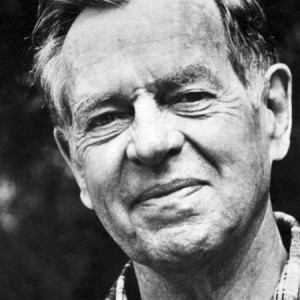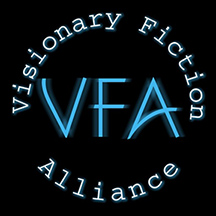I discussed the spiritual side of objectivism in my last post and will tie it all together with my writing in this post. I wanted to begin with my birthday, which happened on July 19, 2007.
What is death? The completion of this current life cycle. The perceived “I” will exist no longer.
After I typed the last line, it really hit me for it led to the real death of the perception of “I.” What is called, “Eleni” cried. I mourned the loss of the “I.” Daphne came in and asked me. “Eleni, what’s wrong? It was odd…and fitting…that she called me by my first name. I told her, “I’m not real.” She laughed as well. This all relates to the “I’m not the meaning” quote sent to me by the Higher Self.
Daphne is my daughter, who’s now ten. She hasn’t called me by my first name before that date or ever since. That event was the proverbial icing on my cake. I completely detached from my self-perpetuated mythos. I’d rather leave the fiction for my stories. Writing my personal truth and being able to express myself authentically is what makes me love the craft of writing.
Connecting Spirituality to Objectivism
I appreciate the Tao Te Ching, and I think much of the philosophy included inside helps cultivate a spiritual/objectivist mindset.
Therefore the Sage is devoted to non-action
Manage the work of detached teaching,
Conduct the teaching of no words.
They work with myriad of things but do not control
(Excerpt from Verse 2)
When we seek to control, it does not allow us to grow. If we try to control others, we keep them from growing. That same mindset applies to those in power. Hence, a free society is conducive to personal and spiritual growth. It allows us to be authentic as opposed to existing to please and satisfy the state. I constantly work with these themes in my writing, on a societal and personal level, especially in Unison.
Stories that have always resonated with me have a protagonist who goes off alone to solve his or her problems. The hero’s journey is natural to humans, which is why these type of stories have been repeated for thousands of years. Epics that depict dystopias show us the horrors of what happens when we’re forced to submission, such as in the Hunger Games. Oddly, in our current reality, many people don’t notice we’re headed in that direction at lightning speed. It’s truly uncanny to watch history repeating yet again while most of the population goes about their day acting as though nothing is amiss. It’s quite a surreal time to be alive.
Libertarian Science Fiction
I recently discovered the genre of Libertarian science fiction. I never knew such a genre existed, and it makes me wish Amazon had it listed as a sub genre under sci-fi because I relate to it strongly. If I were to define my fiction, the interior stories of my books are very spiritual in nature. The outer story—where all the action takes place, is pure objectivist, which works in harmony with the Libertarian perspective. I make clear that the power of the individual is above all governments and man-made institutions. After all, they’re only ideas. Why would we place ideas above the humans who created them? Never made sense to me.
My cover for Unison represents the release and circulation of knowledge through the ages. While we’re not mortal, the knowledge our mind creates is immortal. Even when governments try to suppress that knowledge, it always finds it’s way back in. Knowledge and invention constantly get reused and improved upon. This truth is comforting, especially at this historical crossroad we find ourselves in. Knowledge is suppressed, and fluff is presented as news and entertainment. That can’t go on forever, and I suppose that’s another major reason I’m motivated to write. I want my stories to show the reader who’s looking for an alternative to the mainstream that they’re not alone and maybe put a smile on their face while doing it.
The Tao verse comes from Derek Lins’s translation of the Tao Te Ching. I highly recommend his website, and you can get information on how to order his book. I highly recommend it as he also has some useful notes that accompany each verse.



 Within the current socio-political circus came the idea to write an article about the Hero’s Journey for the
Within the current socio-political circus came the idea to write an article about the Hero’s Journey for the 

